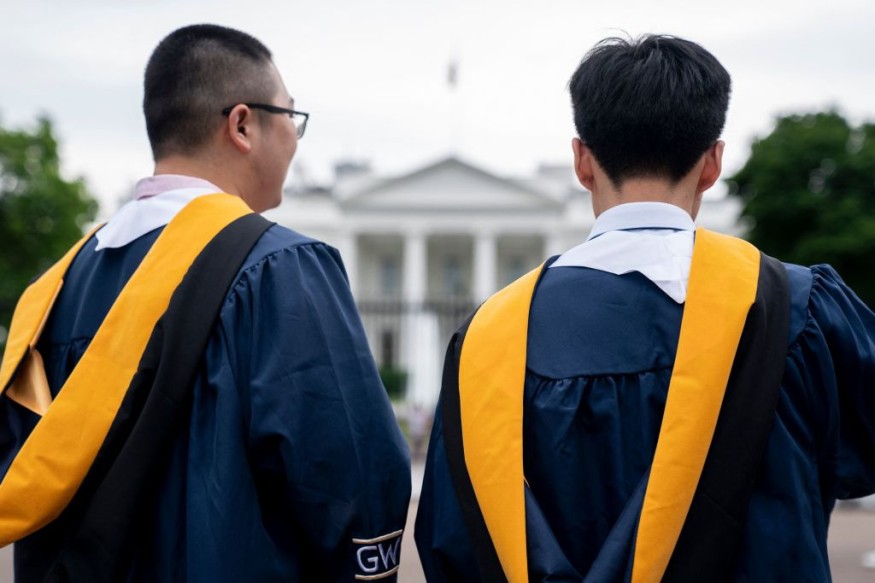Joe Biden Administration Narrows Eligibility for Student Loan Forgiveness | Here's What Changed

President Joe Biden's administration has altered the eligibility rules of its student loan forgiveness. According to Money, borrowers with some Federal Family Education Loans (FFEL) and Perkins loans will no longer be able to qualify for debt forgiveness of up to $20,000.
When the plan was announced, the Department of Education said at the time that borrowers need to have "federally held" student loans to qualify for one-time debt forgiveness.
On the other hand, officials further noted that borrowers with ineligible loans could access the relief after filling out paperwork to convert their loans into eligible ones.
However, the basic eligibility rules of the offer remain the same. Borrowers with incomes of less than $125,000 can qualify for up to $10,000 in debt forgiveness on their federal direct student loans.
The amount of relief then rises to $20,000 for borrowers who meet the income limit and receive Pell Grant, which is an aid aimed at the most in-need applicants while an undergraduate.
Joe Biden Administration Changes Student Loan Forgiveness Eligibility
Los Angeles Times reported that what changed in student loan forgiveness was the treatment of loans guaranteed by the federal government but held by private lenders. It included some of the loans issued through the FFEL, Federal Perkins Loan, and Health Education Assistance Loan programs.
At first, the Biden administration noted that qualified borrowers with privately held loans could consolidate them into a federal direct loan and obtain debt relief.
But on Thursday, the studentaid.gov website noted that to receive relief, borrowers would have to have applied for a consolidation loan by September 29. Consolidation now, however, is no longer an option.
The website said the Department of Education is reviewing if there are "alternative pathways to provide relief to borrowers with federal loans not held by ED." Some of the FFEL and Perkins loans are held by the ED, which means they remain eligible for debt relief if borrowers meet the income limits.
The change was reported on the same day that six Republican-led states filed a lawsuit to block the blanket debt forgiveness, claiming that the Biden administration did not have the authority to wipe out student loan balances.
Student Loan Forgiveness Lawsuit
According to The Washington Post, states that filed a lawsuit against the debt relief program include Arizona, Nebraska, Arkansas, Missouri, Iowa, Kansas, and South Carolina. The lawsuits claimed that the forgiveness plan was "unconstitutional" and posed harm to state revenue.
The complaint also argued that most of the debt relief will be given to those in the top 60% of the income distribution, and "none of the benefits will accrue to those who worked and paid their debt."
On Thursday, White House spokesman Abdullah Hasan said that GOP officials from the said states "are standing with special interest," adding that they are fighting to "stop relief borrowers buried under mountains of debt."
READ MORE : Pres. Joe Biden Labels Supreme Court Leaked Opinion on Abortion Case as "Radical Decision"
This article is owned by Latin Post.
Written by: Mary Webber
WATCH: 6 Republican-Led States Sue Over Biden's Student Loan Forgiveness Plan - From CBS News
Subscribe to Latin Post!
Sign up for our free newsletter for the Latest coverage!















